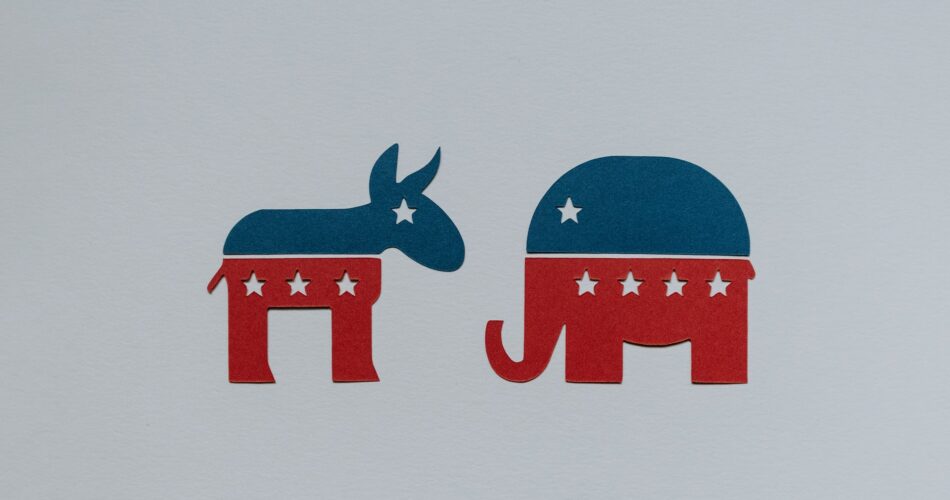What is his problem?
Democratic strategist James Carville raised concerns about Republican House Speaker Mike Johnson, categorizing him and other individuals as “Christian nationalists,” whom he deemed a greater threat to the United States than even al-Qaeda. Speaking on Bill Maher’s “Overtime” segment, Carville expressed his apprehension about Johnson’s beliefs, emphasizing their potential impact on the country.
Carville, with a deep understanding of these ideologies, underscored the gravity of the situation, labeling Christian nationalism as a substantial peril to the nation’s fabric. He stressed the influential position Johnson holds, hinting at potential influences in Supreme Court nominations, alerting the public to a perceived disregard for constitutional values.
Highlighting their fundamental beliefs and convictions, Carville depicted these individuals as adversaries to the Constitution itself, citing Johnson’s analogy of democracy to “two wolves and a lamb having lunch.” He cautioned against underestimating these beliefs, describing them as deeply ingrained and supported by consistent funding, posing a long-term threat that could ultimately disrupt the country.
In alignment with Carville’s sentiments, Maher condemned Johnson’s religious fervor during his closing monologue, criticizing his perceptions about God’s involvement in choosing leaders and the fallacious idea of America’s inception as a Christian nation. Maher vehemently rejected these notions, citing constitutional principles that safeguard against the establishment of a state religion and the imposition of religious tests for office.
Maher further likened Johnson’s views to those of extremists, drawing parallels between his religious convictions and the mindset of individuals responsible for extreme acts. This comparison underscored the perceived threat posed by Johnson’s unwavering religious fundamentalism, implying a deviation from genuine democratic values.
Both Carville and Maher expressed deep concern about Johnson’s ideology, depicting it as a potential danger to the democratic essence of the United States, cautioning against the pervasive influence of religious beliefs on governance and societal norms.
